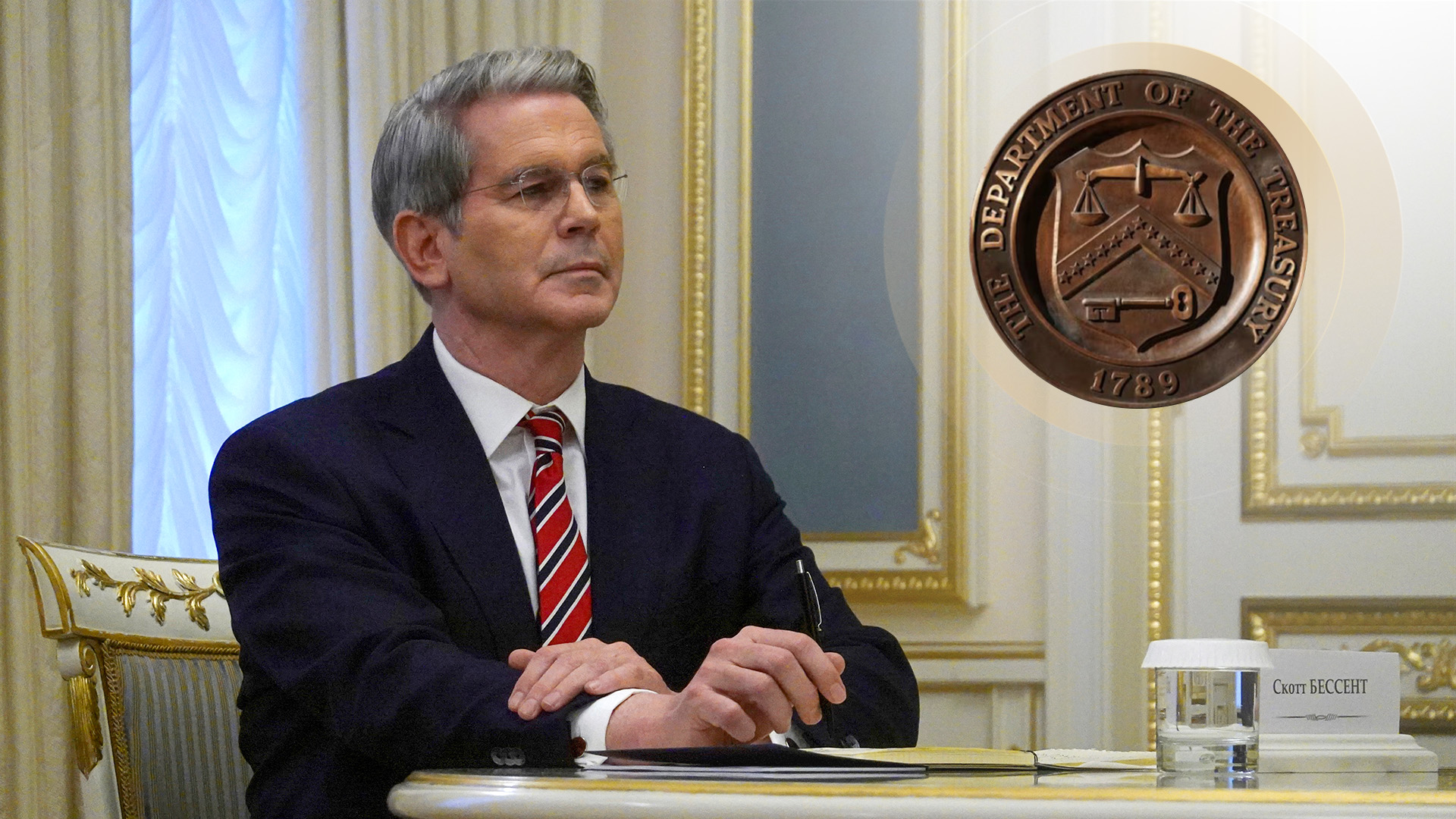U.S. Sanctions Chinese and Iranian Network Supplying Missile Propellant Materials to Iran’s IRGC
“Iran’s aggressive development of missiles and other weapons capabilities imperils the safety of the United States and our partners,” said U.S. Treasury Secretary Scott Bessent.

ERBIL (Kurdistan24) — The United States Department of the Treasury on Tuesday imposed sweeping sanctions on a transnational procurement network involving entities and individuals in Iran and China, involved in facilitating the shipment of materials critical to Iran’s ballistic missile program.
According to a press release by the U.S. Department of the Treasury’s Office of Foreign Assets Control (OFAC), the targeted network supplied sodium perchlorate and dioctyl sebacate — two key chemicals used in the production of solid rocket propellants for ballistic missiles — to Iran’s Islamic Revolutionary Guard Corps (IRGC).
The sanctions fall under Executive Order 13382, which targets weapons of mass destruction (WMD) proliferators and their delivery mechanisms. The measure aligns with broader U.S. policy directives, including National Security Presidential Memorandum 2, aimed at disrupting Iran’s missile development and reviving multilateral efforts to curtail its weapons programs.
“Iran’s aggressive development of missiles and other weapons capabilities imperils the safety of the United States and our partners,” said U.S. Treasury Secretary Scott Bessent. “It also destabilizes the Middle East and violates the global agreements intended to prevent the proliferation of these technologies.”
At the center of the sanctioned network is the Iran-based Saman Tejarat Barman Trading Company (STB), which procured sodium perchlorate from China for use by the IRGC. Mohammad Asgari, an associate of STB, was identified as a key facilitator in coordinating these shipments with Shenzhen Amor Logistics Co Ltd, a China-based logistics firm. Shenzhen Amor worked with E-Sail Shipping Company Limited, a Chinese firm previously designated by the U.S. in 2019 for its support to Iran.
OFAC also sanctioned three members of the Zargar family — Abed, Hamed, and Zahra — who hold top executive roles at STB, along with Forough Modarres Fathi and Abbas Pour Kazemi, two additional figures involved in the company’s leadership and oversight.
The U.S. Treasury further targeted Dongying Weiaien Chemical Co. Ltd, a Chinese supplier of dioctyl sebacate to STB. Additional Chinese firms tied to Shenzhen Amor — including Yanling Chuanxing Chemical Plant, China Chlorate Tech Co Limited (CCT), and Yanling Lingfeng Chlorate Co Ltd — were also designated for their roles in the procurement chain.
As a result of these sanctions, all assets of the designated individuals and entities under U.S. jurisdiction are frozen, and U.S. persons are prohibited from engaging in transactions with them. OFAC also warned that any entities owned 50% or more by sanctioned individuals are similarly blocked under U.S. law.
The designations come amid growing international concern over Iran’s military capabilities and its defiance of non-proliferation norms. The IRGC, which has been under U.S. sanctions since 2007, remains a central actor in Iran’s missile and drone programs — technologies increasingly used by Iranian proxies across the Middle East.
The Treasury Department emphasized that sanctions are not intended to punish, but to incentivize behavioral change. “The ultimate goal of sanctions is not to punish, but to bring about a positive change in behavior,” the statement read, noting that removal from the sanctions list is possible for entities that demonstrate such changes.
This latest move reflects Washington’s ongoing efforts to clamp down on the flow of dual-use materials and technologies fueling Iran’s strategic weapons development — and its readiness to target enablers across multiple borders.
